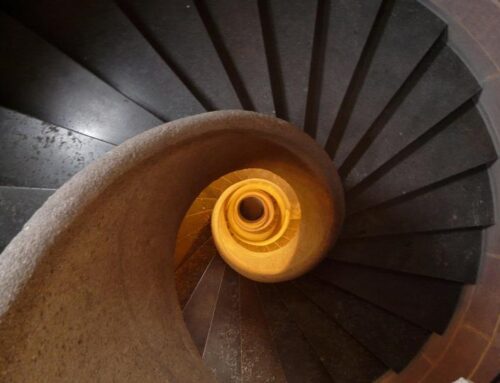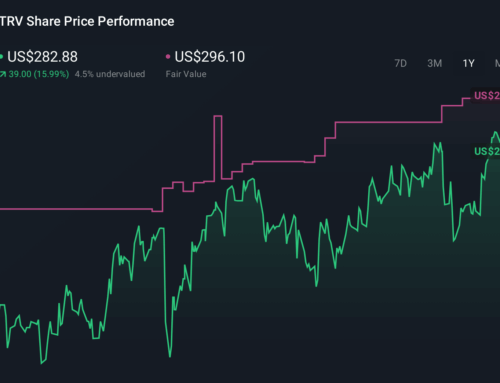California’s cannabis tax set to rise to 19%, but lawmakers debate possible relief
May 9, 2025
Dispensaries argue lowering the tax could help weed out competition from the illicit market.
SACRAMENTO, Calif. — A planned cannabis tax hike set to take effect in July has sparked fierce debate in California, with dispensaries warning it could drive more consumers to the illicit market.
The cannabis excise tax is an additional 15% added to the receipts at dispensaries. The funds are then directed to child care, substance abuse prevention, law enforcement and environmental recovery programs.
State law requires the current rate to be bumped up to 19% on July 1, and the California Department of Tax and Fee Administration must adjust the rate every two years thereafter.
The increase was added after the cultivation tax was eliminated in 2022. The increased excise tax percentage was meant to supplement some of the funds from the cultivation tax cut.
The tax applies to all cannabis and cannabis products purchased by consumers at dispensaries. It is added after the local cannabis business taxes are applied to the receipt. However, the tax increase comes as the industry has reported declining sales.
“For many of us we’re already operating on razor-thin margins, so it’s really the difference between staying open and closing for good,” said Angelica Sanchez, the president of Perfect Union dispensaries.
San Francisco Assemblymember Matt Haney introduced the bill, highlighting the need to help dispensaries overcome the issue of people turning to the illicit market by maintaining the current tax rate.
“California has always been at the heart of America’s cannabis economy and culture. But since voters passed Prop 64, California has not seen the full potential of the legal cannabis industry in order for it to fulfill the vision that we had,” Haney said at a committee meeting.
However, the bill faces opposition from many of the groups for which the tax money is designed to benefit. As program leaders and advocates argue, now is not the time to reduce funding, given the declining state budget and potential federal cuts to social programs.
“At this time, where we’re seeing cutbacks everywhere, we need to protect and sustain this funding source,” said Jim Keddy, the executive director for Youth Forward.
Youth Forward advocates for many of the social programs benefitting from the cannabis tax revenue, such as dedicating funding to help subsidize child care “for working families that aren’t able to afford paying out of pocket,” he adds.
Keddy also cites a report by ERA Economics for the Department of Cannabis Control, which found consumption of cannabis has grown year-over-year, and declining revenue is partially attributed to overproduction leading to lowered retail prices.
“We are talking about businesses that sell recreational drugs, and in my view, funding child care and youth services at this time matters more than a tax cut for recreational drug purposes,” Keddy said.
The same market outlook report found about 60% of cannabis cultivated in California is sold in the illicit market, and Sanchez argues the tax increase would lead to that percentage getting higher.
“The reason people aren’t shopping legally is because it’s too expensive, so the state should actually go in the opposite direction in order to compete with the illicit market and in the long run they would make more tax [revenue],” Sanchez said.
The bill passed through the Assembly Taxation and Revenue Committee and is in the Appropriations Committee.
ABC10: Watch, Download, Read
Search
RECENT PRESS RELEASES
Related Post



























